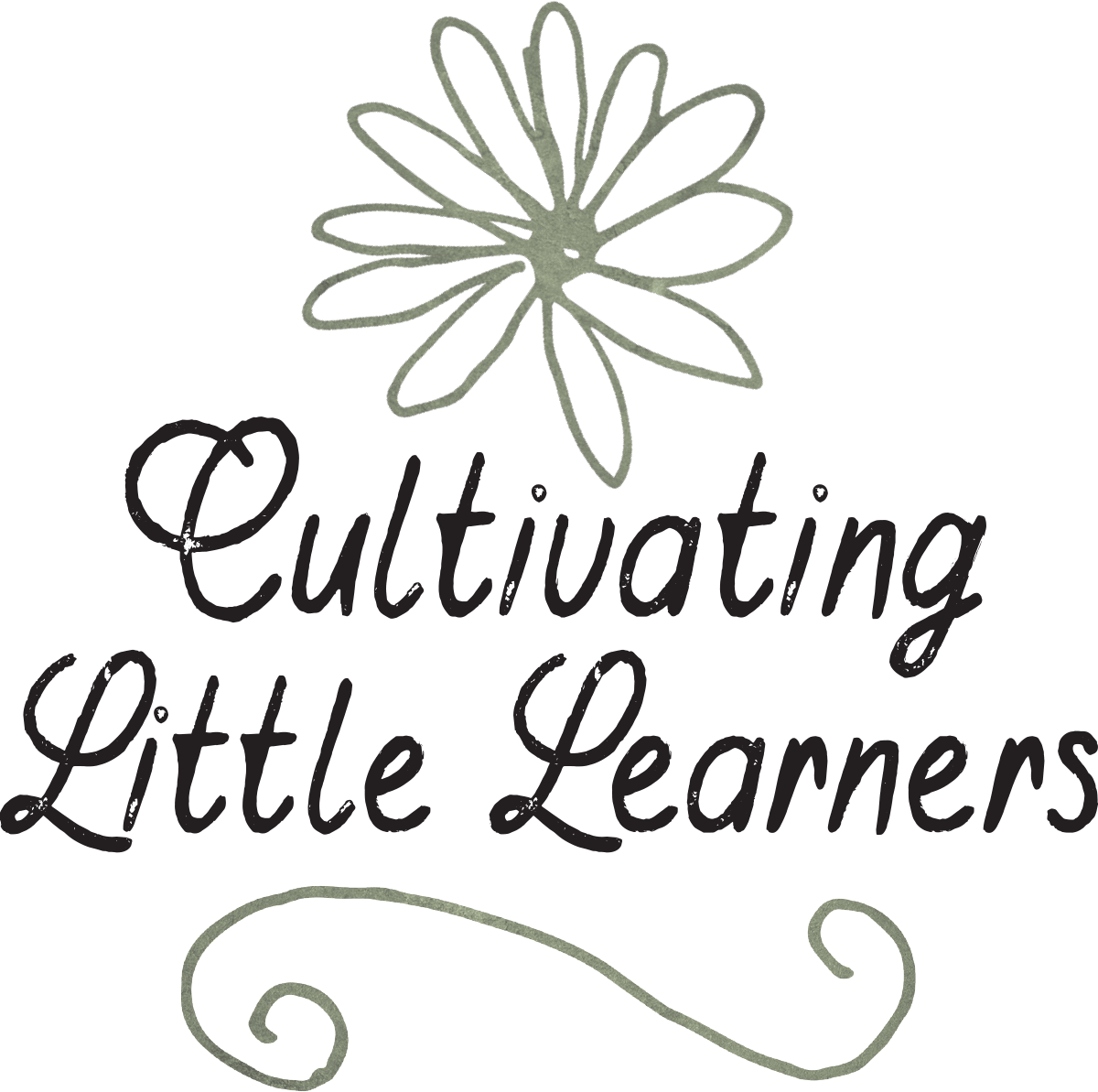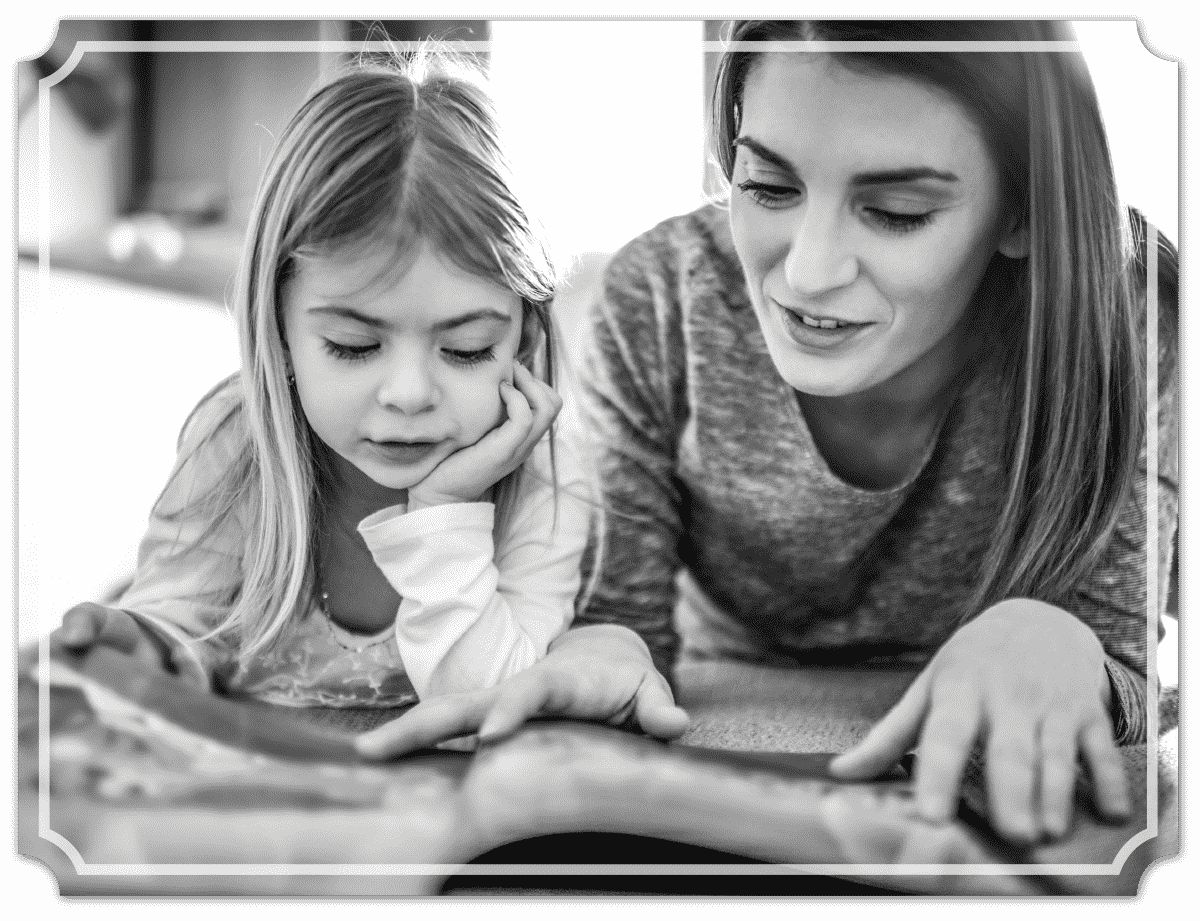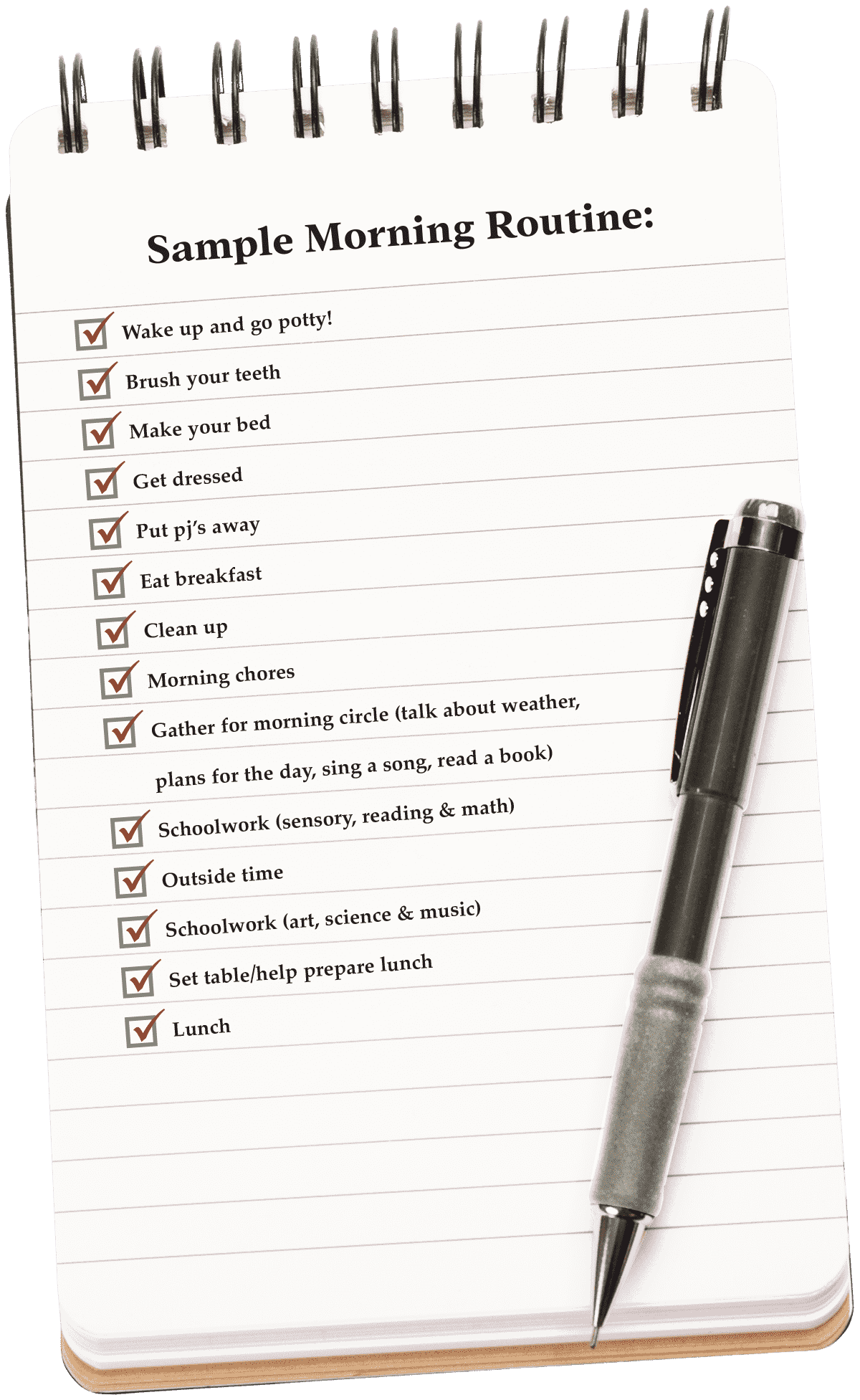

with



many of us find ourselves feeling guilty… that we’ve failed to be the homeschooling supermom we aspire to. We feel like we don’t have enough money, time, wisdom, or patience. We cannot tell you how many times we have sat at “Mom’s Night Out” events and heard or uttered the phrase, “I feel so guilty for _____________.” We put ourselves on trial and declare our guilt.
Let’s just ban that word from our vocabulary because to quote the Princess Bride, “I don’t think that word means what you think it means.” Most likely you have not knowingly committed a crime or offense or violated a law. We declare you “NOT GUILTY!”
Perhaps a more accurate phrase to use is “feelings of inadequacy.” Most mothers of little ones have found themselves feeling like they wish they had seven clones of themselves to meet all the cries of, “Mommy, will you play with me? Mommy, I am hungry! Mommy, will you go outside with me?” Being a mom is a demanding job, and when you throw in homeschooling as well, you can find yourself really questioning your competency level!
Most of us have high expectations for ourselves and our children and often find ourselves disappointed and depressed. Like all feelings, it is important to recognize and acknowledge our feelings of inadequacy. Feelings are gifts that can teach us so much about ourselves.
But feeling inadequate can have negative consequences, such as emotional distress and unavailability to the people who need us. It can interfere with our ability to set goals and steal our willingness to try new things. Feeling inadequate can make it really difficult to connect with others.
On the other hand, when we recognize and address our feelings of inadequacy head on, we are able to work on self-improvement. It prompts an honest assessment of our strengths and weaknesses, allowing us to make better choices and ask for help when needed. It also gives us empathy and compassion for other people.

We have A LOT of jobs. Is it really reasonable to think that you can be good at everything all the time? We would not hold these unreasonable expectations over anyone else in our lives.
A very wise older woman once had Lesli list out all the jobs she had. Then she said, “You can only be really great at two of those things every day. So just rotate which two you are going to focus on, and stop beating yourself up!” This was such simple advice and was so clarifying. It was easy to say, “I’m going to put my best effort into being a great wife today” and focus on the things that really mattered there—and be okay with letting some other things go that day. The real key was rotating out the “top two” over the course of the month so that the things that were most important got done, and we could make informed choices that aligned with our family values.
As we were talking through these ideas, Kathy looked up the definition of “balance” because we felt it was really important to combat feelings of inadequacy.
—Merriam-Webster
Doesn’t this definition sound lovely? We laughed as we pictured perfectly regulated children in a beautifully arranged home, with proportional fun, accomplishments, and rest. And of course our needs were “considered” before our children made any more requests of us. While this is a delicious daydream, focusing on balance is actually the antidote to our nagging feelings of inadequacy!
In order to work toward this type of balance in your family, we suggest taking some time to talk through your family’s most important goals and values. For example, some families might put a high value on connecting with each other. Other families might put a high value on physical activity or academic achievements. Whatever your family’s priorities are, it is important to write them down and emphasize them when establishing boundaries and routines for your family.
Children can be demanding and almost never set boundaries for themselves. If we desire a life other than one of chaos and exhaustion, we need to put boundaries and routines in place for their well-being and our own. We all need boundaries as guardrails to keep us on the right track and out of danger. They keep us physically and emotionally safe.
With young children, these boundaries take the form of a good routine. We believe that routines are better than schedules because schedules can be restrictive and set us up for failure. Routines are flexible and easily followed by the type A personalities in your home, as well as the free spirits! Routines provide a stable environment for your child. When the day is predictable, it gives children a sense of control and less anxiety, which in turn makes them less demanding.

Balanced routines are beneficial for the whole family because they offer stability, free you from that “mom guilt,” and help you maintain the guardrails that will get you where you want to go!
Try making a list-based routine for your family, including things that fit into your family’s intentional priorities. An example for a small child’s morning might look like this:
We loved making picture routines for little ones, especially for our non-readers and special needs children. We would laminate pictures and put them on a velcro strip and let them pull them off and drop them in a bucket when the tasks were finished. These picture routines were especially helpful in limiting tantrums when transitioning from one activity to another.
We suggest that YOU have your own set of routines as well. We prefer several “micro routines” that can be completed in an hour so that you can fit them into whatever your day brings. Include times that you are intentionally engaging with a particular child, your husband, or home projects, dividing your “top two” across your calendar. Include things that make you happy, like reading, painting, exercising or pursuing a personal goal or hobby.


Hebrews 10:22 — Let us draw near to God with a sincere heart and with the full assurance that faith brings, having our hearts sprinkled to cleanse us from a guilty conscience and having our bodies washed with pure water.
Romans 8:1 — Therefore, there is now no condemnation for those who are in Christ Jesus.
Psalm 103:12 — As far as the east is from the west, so far has he removed our transgressions from us.
1 John 3:19-20 — This is how we know that we belong to the truth and how we set our hearts at rest in his presence: If our hearts condemn us, we know that God is greater than our hearts, and he knows everything.
Hebrews 4:16 — Let us then approach God’s throne of grace with confidence, so that we may receive mercy and find grace to help us in our time of need.

